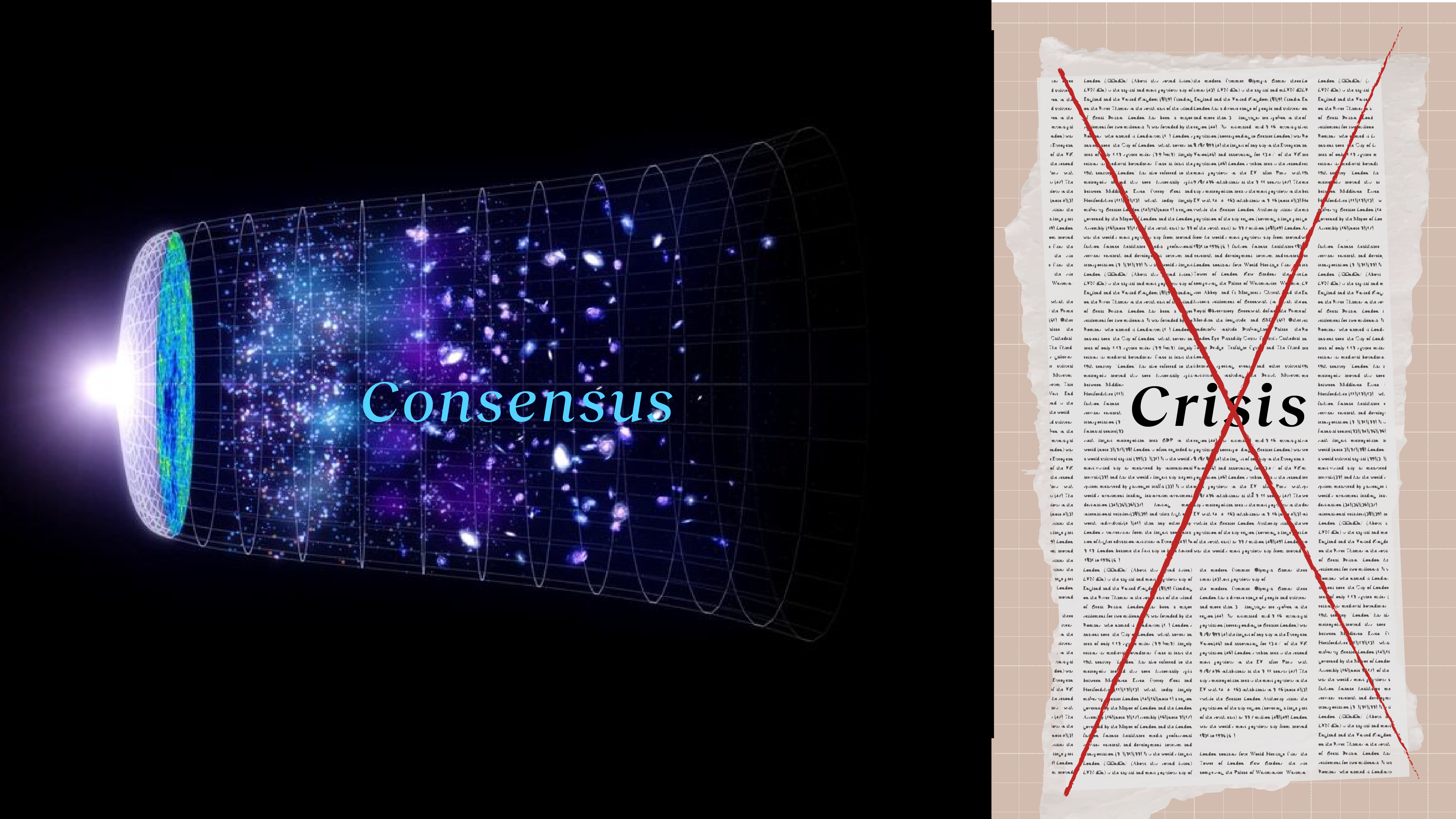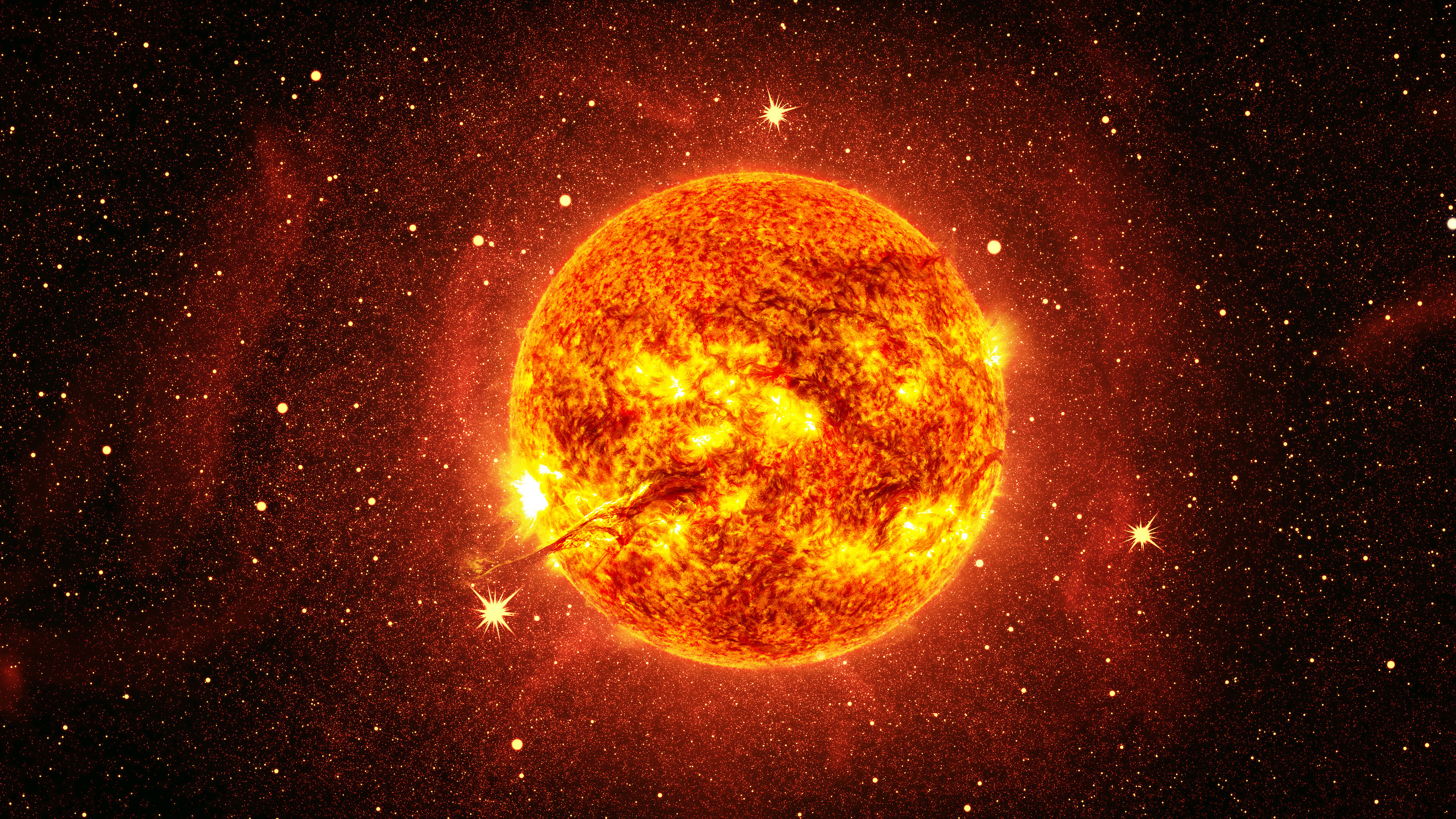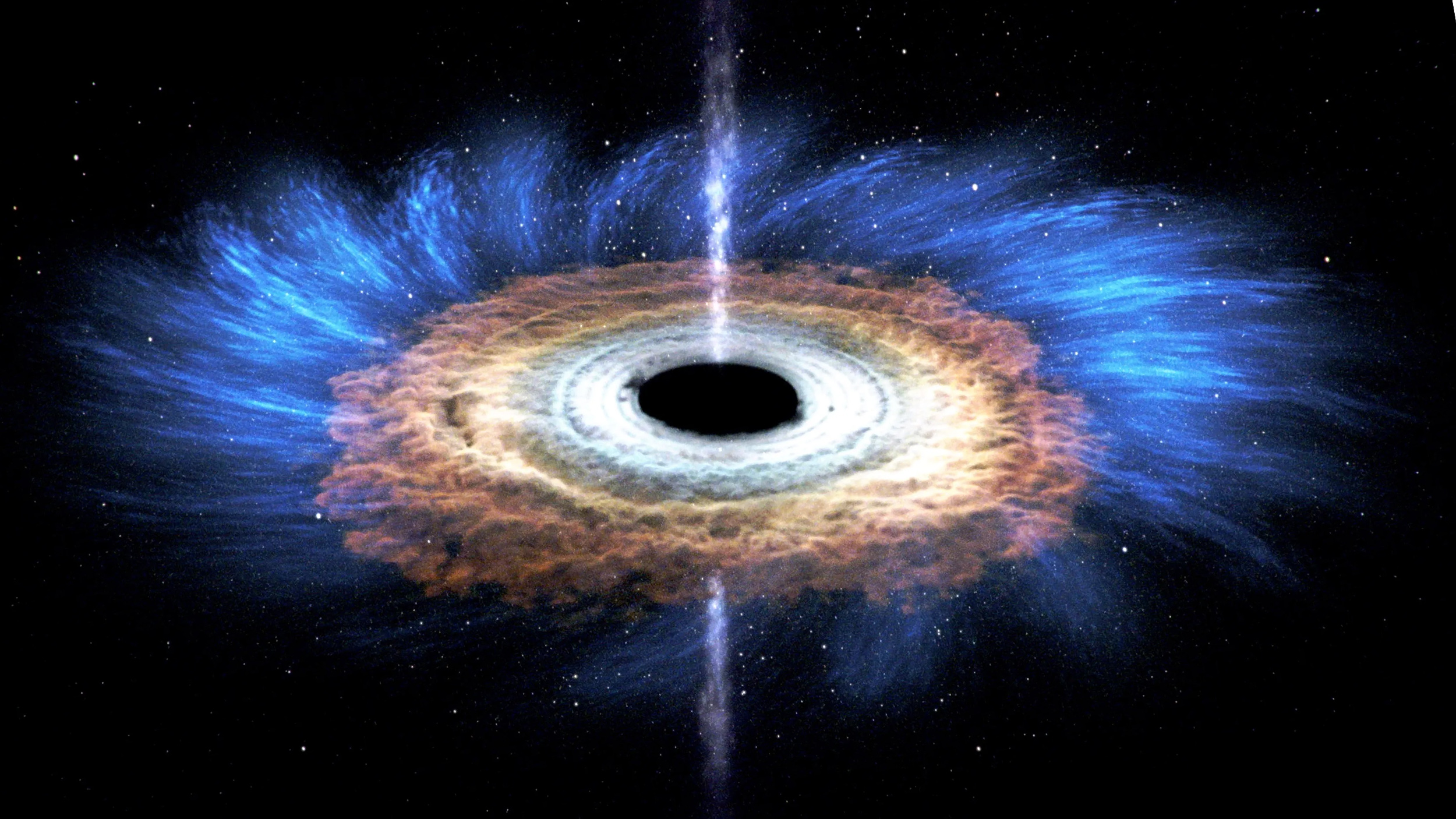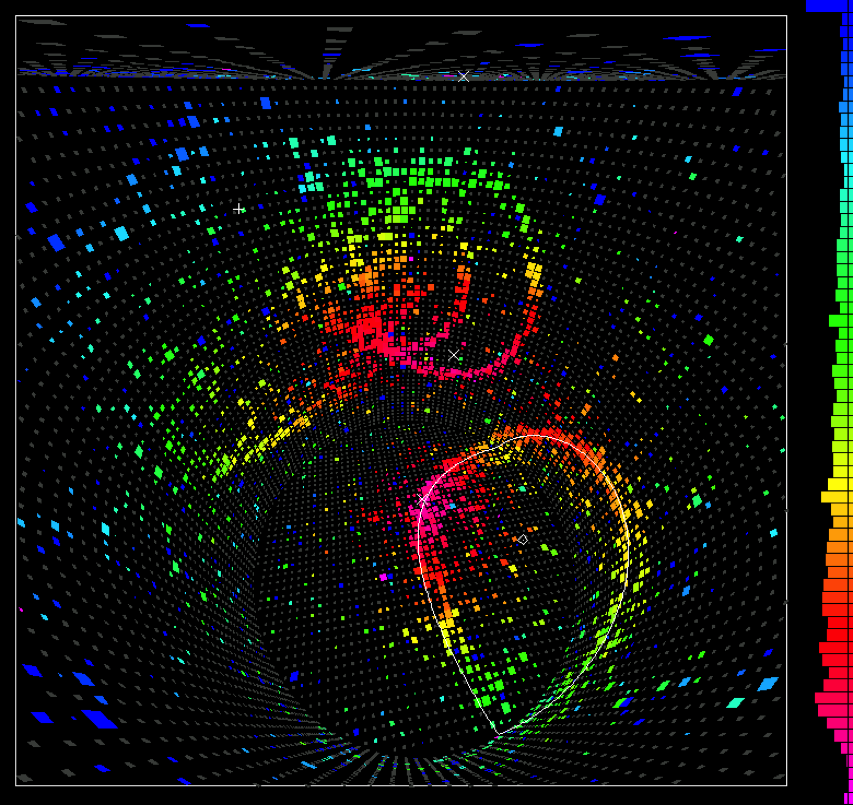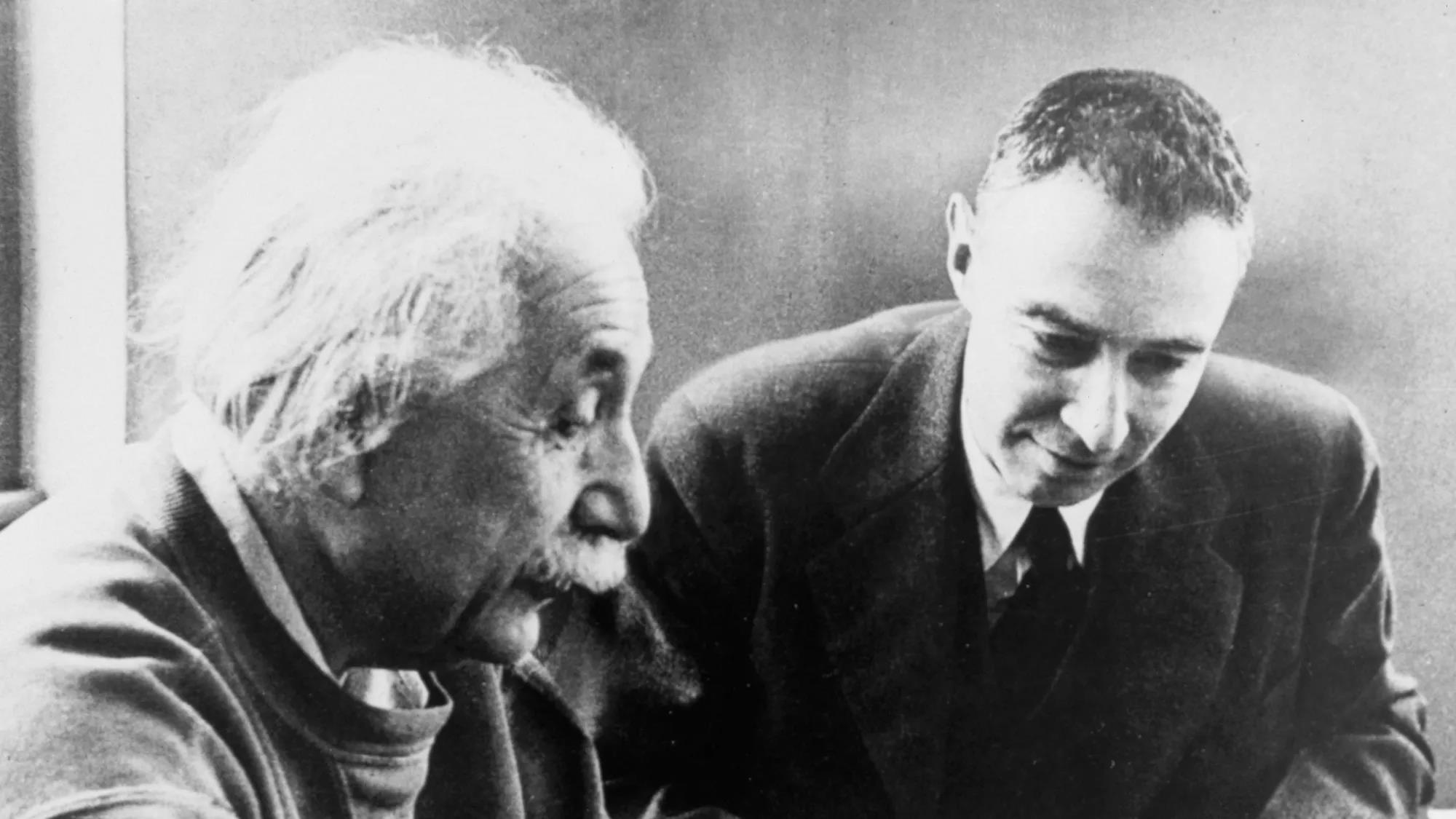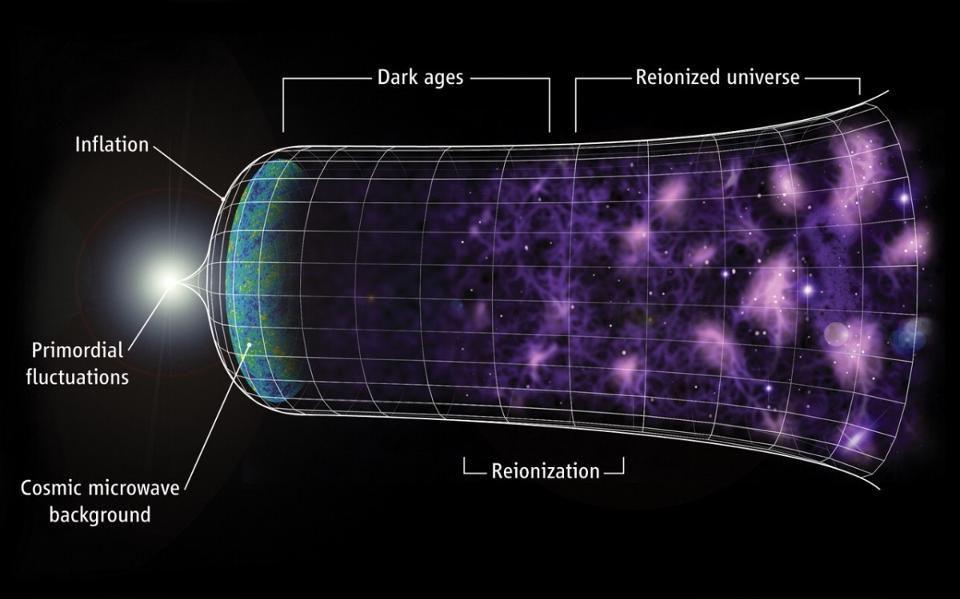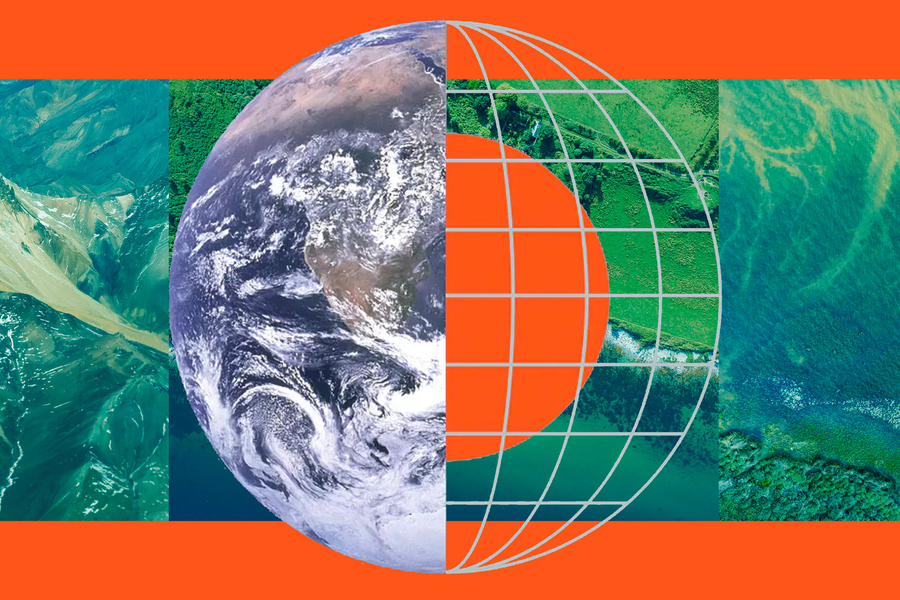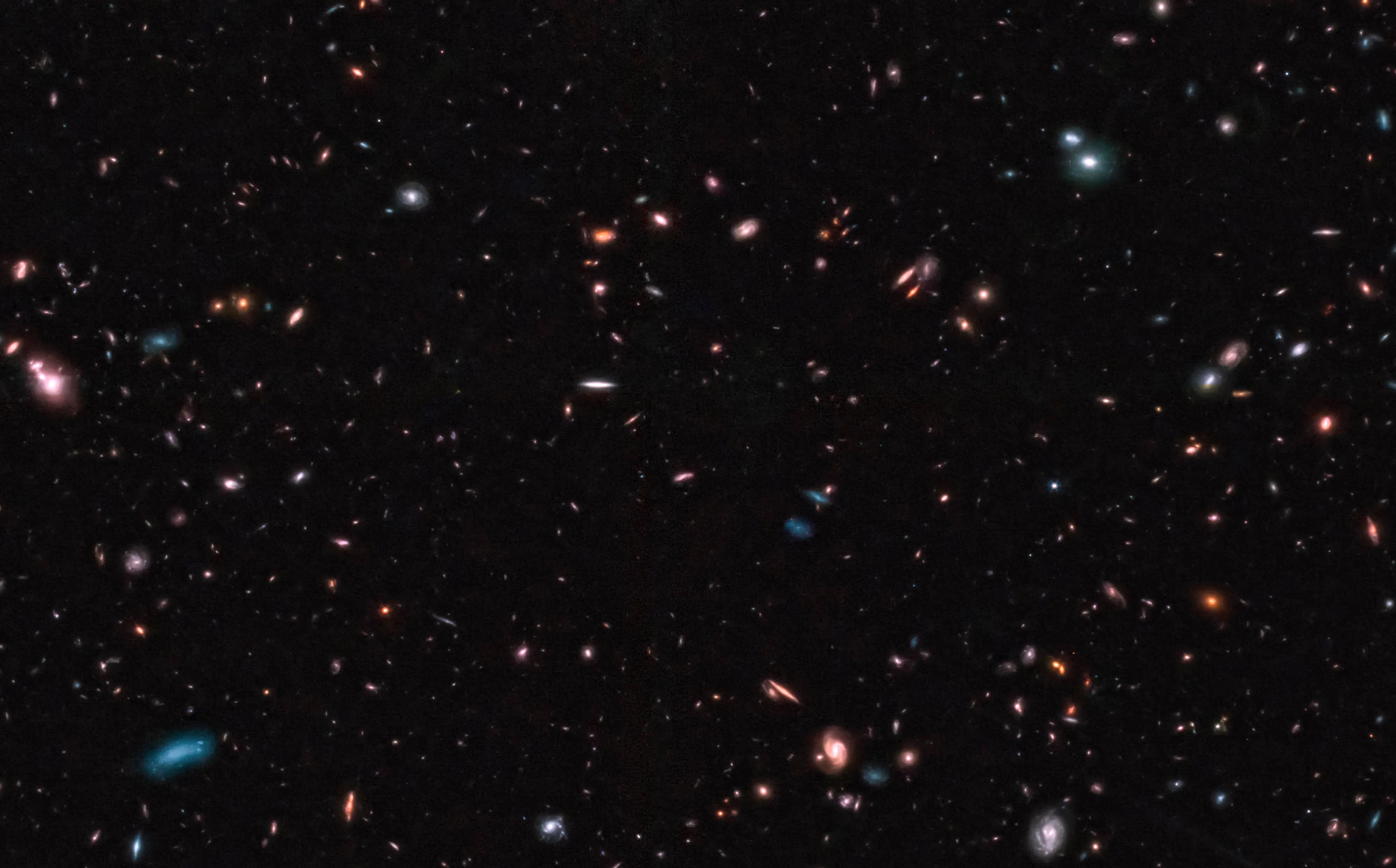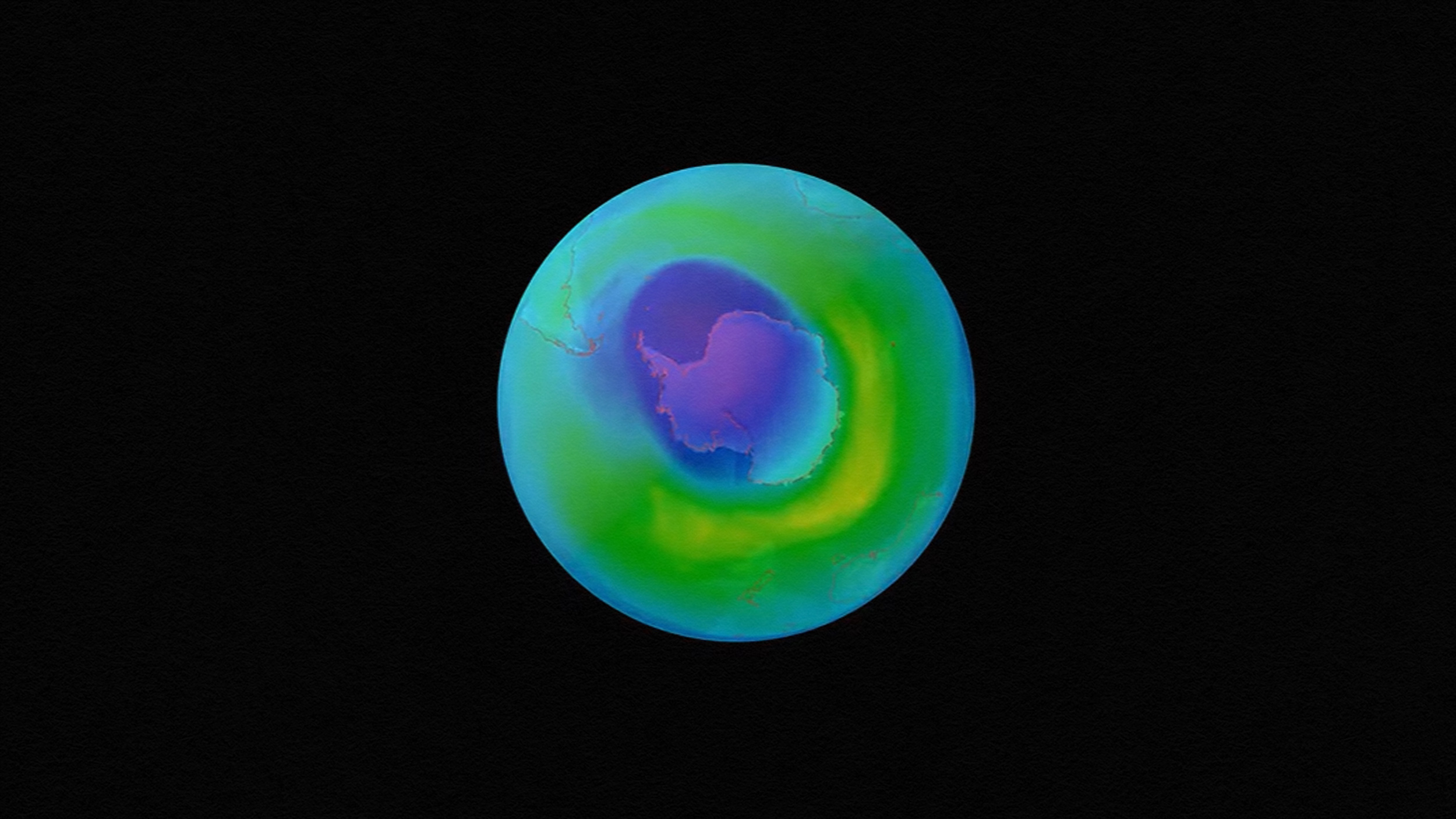There are a few clues that the Universe isn’t completely adding up. Even so, the standard model of cosmology holds up stronger than ever.
Search Results
You searched for: energy
There are two types of missing, or “dark” matter: baryonic (made of normal matter) and non-baryonic. Have we finally found the normal stuff?
The answer to this question is key to understanding why anything exists.
The war in Ukraine is unlikely to trigger a catastrophic nuclear meltdown. Physics and smart engineering are the reasons why.
Some neuroscientists question whether the body can “keep score” of anything in a meaningful way.
Harmony and moderation make for a happier life.
With the right material at the right temperature and a magnetic track, physics really does allow perpetual motion without energy loss.
The new material may make marine uranium extraction economically feasible.
In general relativity, white holes are just as mathematically plausible as black holes. Black holes are real; what about white holes?
A human hand has the power to split wooden planks and demolish concrete blocks. A trio of physicists investigated why this feat doesn’t shatter our bones.
As early as we’ve been able to identify them, the youngest galaxies seem to have large supermassive black holes. Here’s how they were made.
If you’ve found yourself befuddled by extraordinary scientific-sounding claims, you’re not alone. But this centuries-old lesson can help.
One of the 20th century’s most famous, influential, and successful physicists is lauded the world over. But Feynman is no hero to me.
Before we discovered gravitational waves, multi-messenger astronomy got its start with light and particles arriving from the same event.
A team of scientists hopes deep-earth lithium could sustain America’s vast demand for batteries. But extracting it won’t be easy.
Even with the quantum rules governing the Universe, there are limits to what matter can withstand. Beyond that, black holes are unavoidable.
Most people think that writing fantasy or science-fiction requires a strong imagination. Podcast host Mike Duncan shows a knowledge of real-world history is just as important.
Best in class: Denmark and Uruguay. Worst in class: Papua New Guinea, Venezuela, and Russia.
We thought the Big Bang started it all. Then we realized that something else came before, and it erased everything that existed prior.
Holograms preserve all of an object’s 3D information, but on a 2D surface. Could the holographic Universe idea lead us to higher dimensions?
For many years, cosmologists have claimed the Universe is 13.8 billion years old. A new paper says no, it’s 26.7 billion. How do we decide?
The corporate world is no cake walk — as a leader you need a framework that can equip you for the cross-pressures.
“What modern science has taught us is that life is not a property of matter.”
“I thought, why not direct these high-power beams, instead of into fusion plasma, down into rock and vaporize the hole?”
Before we formed stars, atoms, elements, or even got rid of our antimatter, the Big Bang made neutrinos. And we finally found them.
Despite many ultra-distant galaxy candidates found with JWST, we still haven’t seen anything from the Universe’s first 250 million years.
A scientist’s first-hand account shows the world can tackle a global environmental crisis.
Over 50 years since humans last walked on the Moon, astronaut footprints and rover tracks are still visible. But they won’t last forever.
